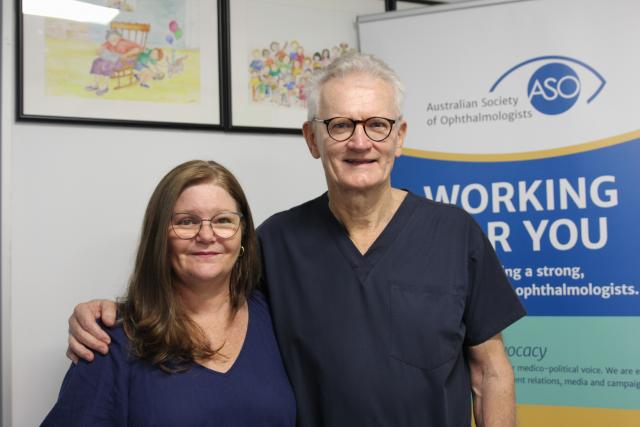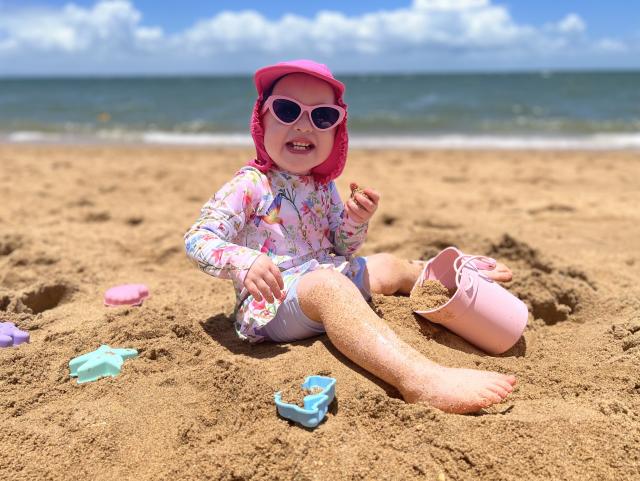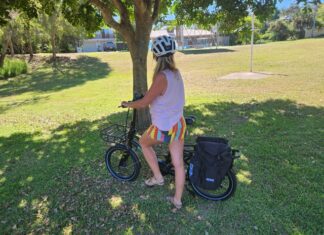The Australian Society of Ophthalmologists (ASO) is calling on the community to slide on their shades as the country braces for seasonal high temperatures and conditions.
Sun protection measures are recommended when the Ultraviolet (UV) Index is 3 and above, but most of mainland Australia is currently experiencing seasonal indexes within the extreme range of 11–15.
ASO vice president Associate Professor Dr Ashish Agar said it came as no surprise that Australia has some of the highest UV ratings in the world.
“It’s an Australian childhood rite of passage to learn to slip, slop, slap, seek and slide, especially when the call of summer arrives,” A/Prof Agar said.
“A very important part of the message often gets overlooked, and that concerns our eye health.”
As an eye surgeon, Dr Bill Glasson sees and treats patients whose repeated or excessive sun exposure has led to serious conditions such as pinguecula and pterygium, and cataracts, among others.
Although less common, he said Australians should be wary of not only developing melanoma on their skin this summer, but the risks associated with ocular melanoma — the most common form of eye cancer.
“Each year 125–150 people will be diagnosed with ocular melanoma around the country,” Dr Glasson said.
“As the symptoms and common areas for growths can be difficult for the naked eye to see, patients often receive a diagnosis following an eye test with either an ophthalmologist or optometrist.”
This was the case when then 37-year-old mother of two, Susan Vine, booked in to see an optometrist for an assessment for glasses after experiencing frequent headaches.
Susan was immediately referred to Dr Glasson, who has a special interest and expertise in ocular oncology.
Within two weeks of an initial eye test, she had been diagnosed with a form of ocular melanoma and had undergone enucleation surgery — the complete removal of her affected eye.
Seventeen years on from her diagnosis, Susan has become an advocate for others by establishing an online support group for Australian and New Zealand patients, family, and carers — OcuMel Australia and New Zealand.
“The journey and challenges are unique, especially when it comes to treatment and related vision loss, so we find many of our members are looking for understanding, guidance and support,” she said.
Susan said there was an alarming lack of awareness about eye health and wanted every Australian to know to slide on their sunglasses and make a healthy habit of booking an annual eye test.
“Every day I live with the reminder of my diagnosis and the challenges that come with being vision impaired and wearing a prosthetic eye, such as thinking about how I sit or even cross the road.
“I rarely wore sunglasses when outdoors, and despite having a freckle on my eye from childhood, did not realise the importance of monitoring it for changes.
“We need to teach children the value of protecting their eyes from a young age and encourage healthy habits early of getting regular health checks,” she said.










